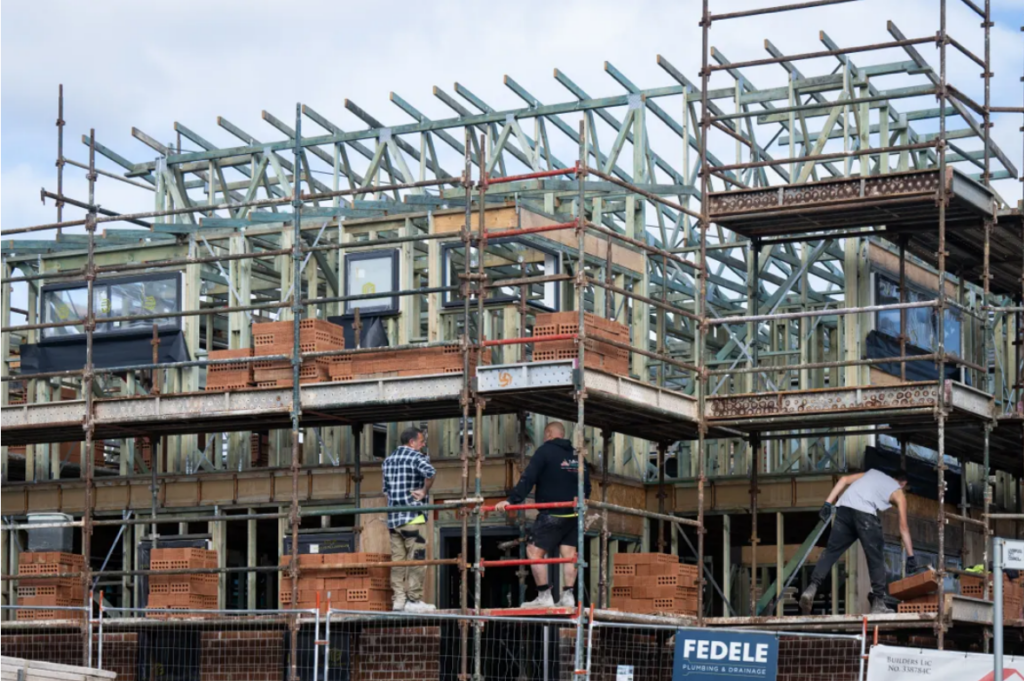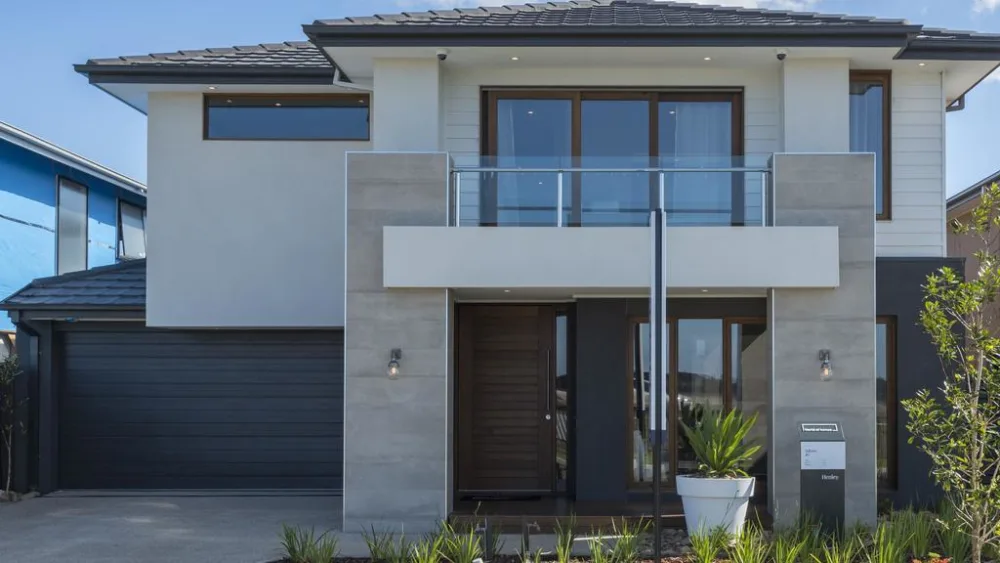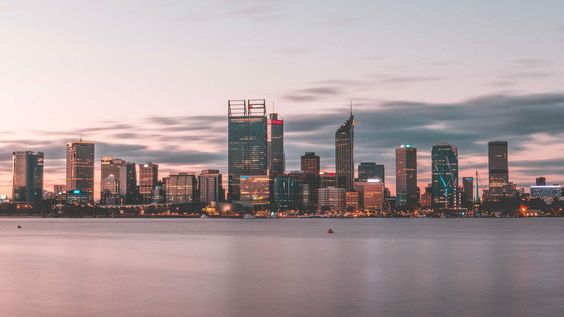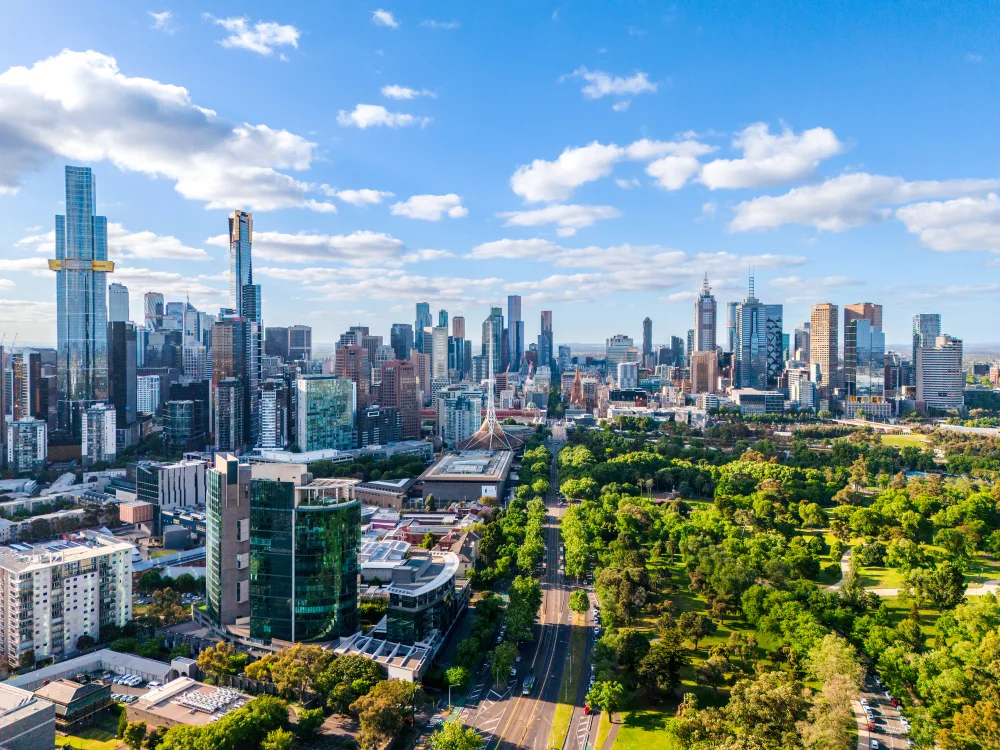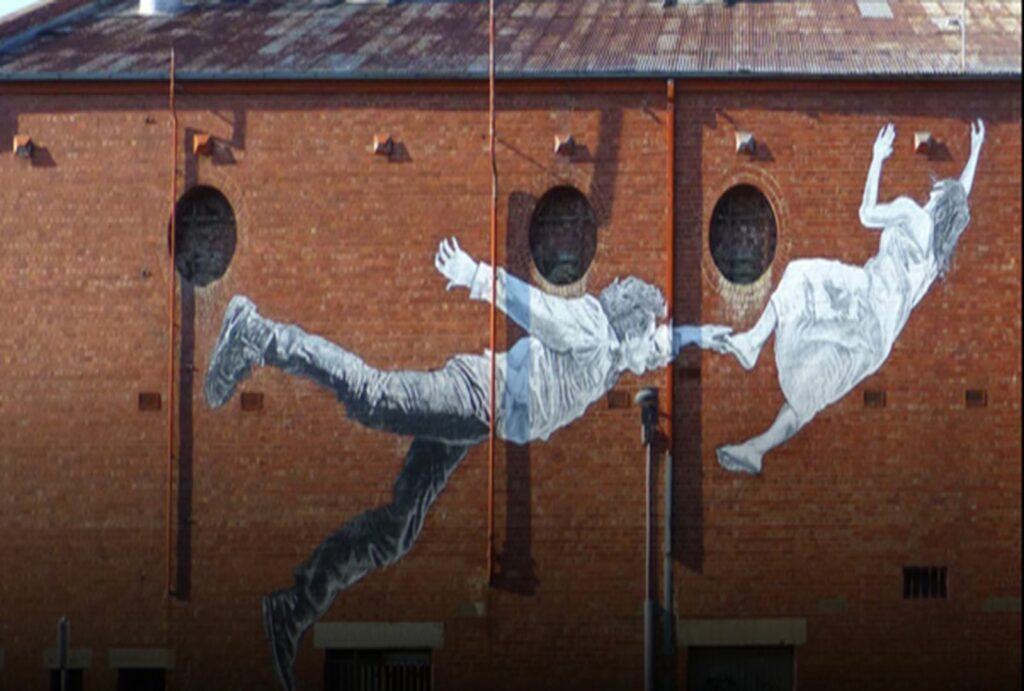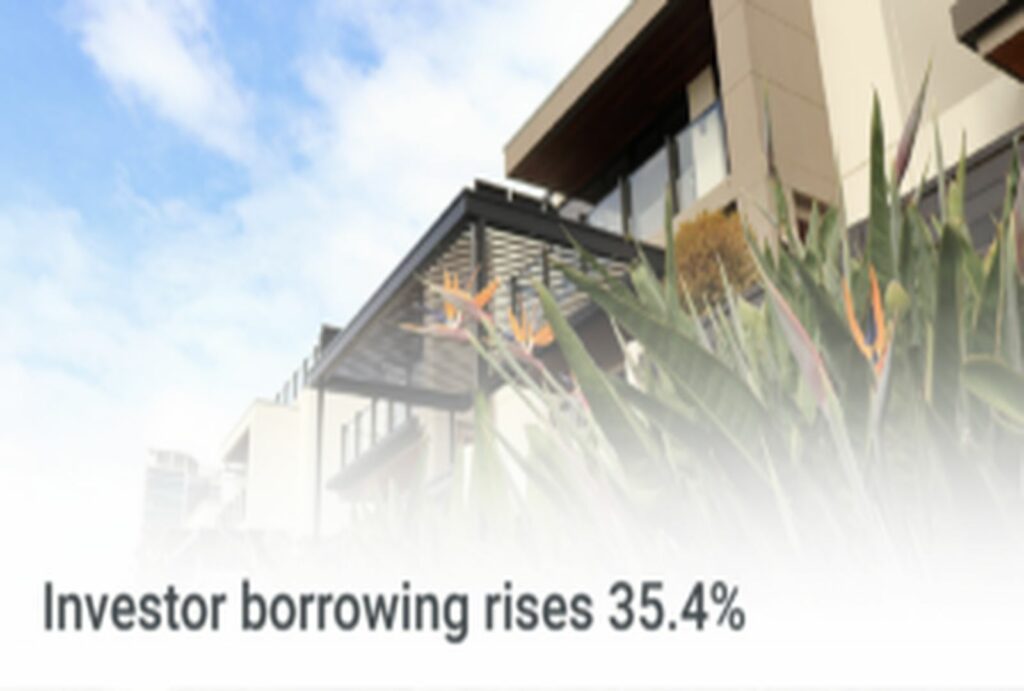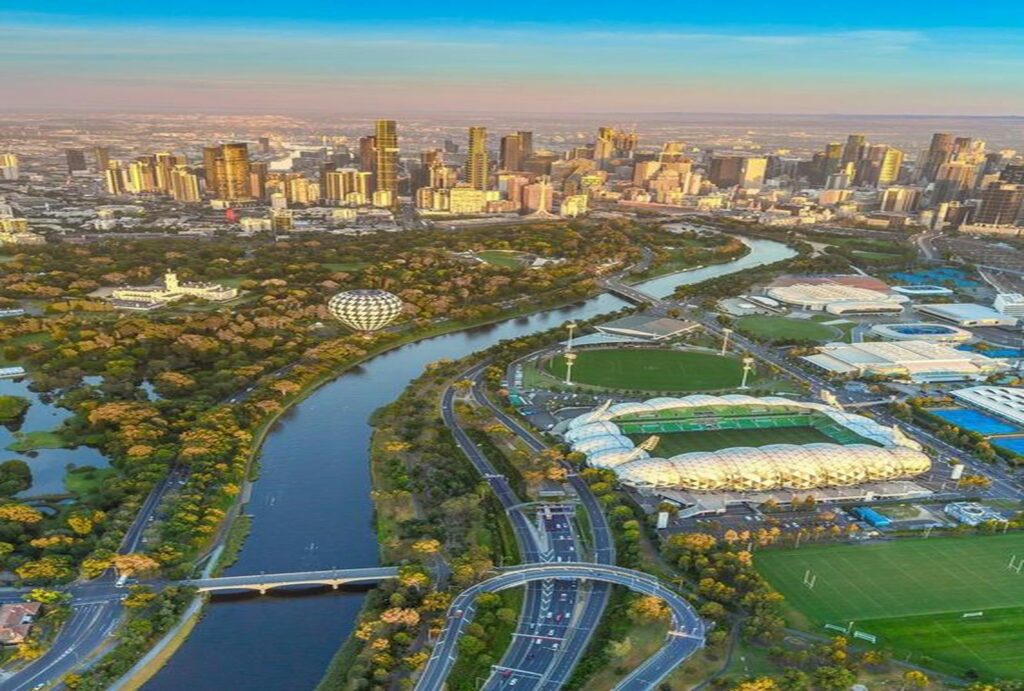Interest rate rises, land tax increases and the opportunity to bank big price gains is driving a spike in landlord exits from the property market across Australia.
Victoria topped the list for the highest share of investment properties sold in July, with latest PropTrack figures revealing 30.1% of sales were properties which had been listed for rent since they were purchased.
That’s up from 24.7% in July 2022, and 16.9% in July 2019, before the pandemic.
New South Wales followed at 28%, which like Victoria, was also the state’s highest share of investment home sales since late 2018.
Ranking third was Queensland, where 27.15% of sales in July were rental properties.

McGrath Coburg and Brunswick principal Michael Chan says interest rate rises and planned increases to land tax in Victoria meant many investors could no longer afford an investment property in addition to their principal place of residence.
From 1 January 2024, Victoria will slash the tax-free threshold for land tax from $300,000 to $50,000 in an effort to rebalance Victoria’s coffers after Covid. Land tax only applies to investment and secondary properties.
“Since the introduction of the Covid debt levy, we’ve witnessed a sudden increase in the number of investors considering offloading investment properties – which will ultimately exacerbate the state’s rental stress,” he said.
“These investors have stated a lack of incentives for investors to be a contributing factor prompting them to revaluate their options.”

Agents say planned changes to land tax in Victoria has prompted many investors to sell up. Picture: Getty
Baby boomers approaching retirement were also reevaluating their options, Mr Chan said, and were deciding whether or not it was more financially viable to sell their existing investment properties and either reinvest elsewhere, or cash-up.
Jim Cross, principal at McGrath Geelong says a portion of long-term investment properties have recently come onto the market.
“Those properties require substantial capital expenditure to bring them up to the new living standards,” he said.
“Some landlords are choosing to capitalise on the equity they hold in those properties by selling them.
“Investors holding older properties that require maintenance are selling them and then getting back into the market to purchase new properties to access better tax benefits and lower maintenance costs.”
PropTrack senior economist Paul Ryan says the trend of landlords offloading investment properties emerged at the start of the pandemic.
“Initially, I think there was a lot of uncertainty about investors’ own jobs, and uncertainty about borders closing and demand for rental properties,” he said.
“As the pandemic progressed and the rental market got tighter – and obviously home prices increased quite significantly – I think a lot of investors themselves were moving to bigger homes and needed the equity, and prices were up significantly, so it seemed like a good time to sell property.”

Many property investors have made large capital gains on their properties, and are selling to fund retirement. Picture: Getty
However, during the past few months there has been a higher rate of investor sales making up a larger proportion of market activity, Mr Ryan said.
“That may start to signal that there is some emerging financial pressures from higher interest rates,” he said, noting loan arrears still remain very low.
“Households are still spending quite strongly – really the big signal for financial stresses is around the labour market in terms of having employment and that still remains very, very strong.”
Data from the Australian Bureau of Statistics on Thursday showed the unemployment rate edged up 0.2 percentage points to 3.7% in July, with around 172,000 fewer unemployed people than before the pandemic.
Richard Mirosch, LJ Hooker Stafford principal, says in Queensland, more investors were now choosing to sell but the decision is not solely driven by interest rates.
“Certainly, there have been some investors who bought against the backdrop of very low interest rates and they haven’t been able to refinance as the cash rate has gone up,” he said.
“In addition to that, some long-time investors haven’t received the legislative changes well, which places limits on the frequency in which landlords can review rents.
“Some investors just don’t like having more rules put on them around how they can operate their investments and are deciding to put their money elsewhere.”
“Window of opportunity” next year
Buyers advocate and propertybuyer.com.au chief executive officer Rich Harvey says in Sydney, more investment apartments were currently being listed for sale.
“They tend to underperform compared to houses,” he said. “Higher holding costs, interest rates are pushing people beyond the brink of mortgage stress to significant pain…and I think people are going, ‘Is it worthwhile holding this property?’”

Higher interest rates have weighed on investment returns, even as rents rise. Picture: realestate.com.au
However, Mr Harvey said a short window of opportunity was ahead for property investors.
“Between September and March next year, it’s going to be peak economic pain for a lot of people but for me, that’s the best time to buy,” he said.
“If you’re a smart investor and you’ve got the income and you’ve got the borrowing capacity, even though interest rates will be higher, they’re not that high compared to what they were 10 years ago.
“We’ve been used to these really cheap rates for too long. I think, definitely, there’ll be some really good opportunities because there will be more stock and there will be more motivated vendors.”
There are early signs investors are either entering or returning to the market with ABS data showing new investment property loans picked up for a third straight month in June, although still remain 15% lower year on year.
Looking ahead, with interest rate cuts forecast for next year, coupled with rising rents, Mr Ryan expects investors will begin to feel more confident returning to the market in 2024.
“I think a lot of the uncertainty we had last year about just how high interest rates would go was one of the things that weighed on market activity and now, while we’re seeing interest rates increase, there is much more certainty about where housing costs will be later this year and into next year,” he said.
“So I think people are pretty confident that while we may not be at the peak of rates, we are close, so if you are a new investor, or even a homebuyer, you can at least do your numbers and do your budget and see how it stacks up.
“Which compares much better from a certainty perspective than last year when you didn’t know where you were going to be in 12 months.”
Source: realestate.com
